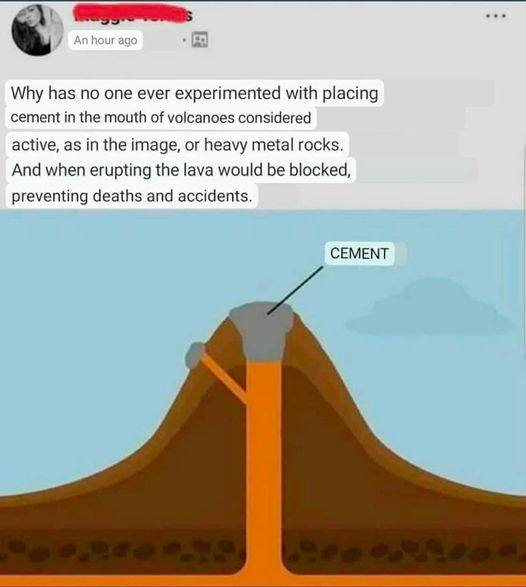this post was submitted on 01 May 2024
729 points (98.2% liked)
Science Memes
11217 readers
2497 users here now
Welcome to c/science_memes @ Mander.xyz!
A place for majestic STEMLORD peacocking, as well as memes about the realities of working in a lab.

Rules
- Don't throw mud. Behave like an intellectual and remember the human.
- Keep it rooted (on topic).
- No spam.
- Infographics welcome, get schooled.
This is a science community. We use the Dawkins definition of meme.
Research Committee
Other Mander Communities
Science and Research
Biology and Life Sciences
- [email protected]
- [email protected]
- [email protected]
- [email protected]
- [email protected]
- [email protected]
- [email protected]
- [email protected]
- [email protected]
- [email protected]
- [email protected]
- [email protected]
- [email protected]
- [email protected]
- [email protected]
- [email protected]
- [email protected]
- [email protected]
- [email protected]
- [email protected]
- [email protected]
- [email protected]
- [email protected]
- [email protected]
- !reptiles and [email protected]
Physical Sciences
- [email protected]
- [email protected]
- [email protected]
- [email protected]
- [email protected]
- [email protected]
- [email protected]
- [email protected]
- [email protected]
Humanities and Social Sciences
Practical and Applied Sciences
- !exercise-and [email protected]
- [email protected]
- !self [email protected]
- [email protected]
- [email protected]
- [email protected]
Memes
Miscellaneous
founded 2 years ago
MODERATORS
you are viewing a single comment's thread
view the rest of the comments
view the rest of the comments

Well I think it's more the case that the lava finds the weakest spot to push through. That can change over millennia.
The chances that you will create a concrete block that's stronger than the next weak spot is pretty slim.
Yes, exactly on the idea. "The weakest spot" is distinctly NOT the hunk of solid rock cooled at the top, more often than you clearly think.
It doesn't have to have a huge effect to never the less completely change the nature of an eruption. Just look at Mt St Helens. The top didn't even have to pop. The magma just lubricated the side of the mountain enough until the whole damn side slid away, allowing the eruption to occur.
They don't often redirect every eruption, becuse many have NO other weak paths, so the magma pushes, and it either pops the rock plug or melts it. Not that many eruptions start fast enough to catastrophically pop the plug, and not all eruptions are remotely equal.
My point was NOT that the plugs make a HUGE difference, but that they make A difference.